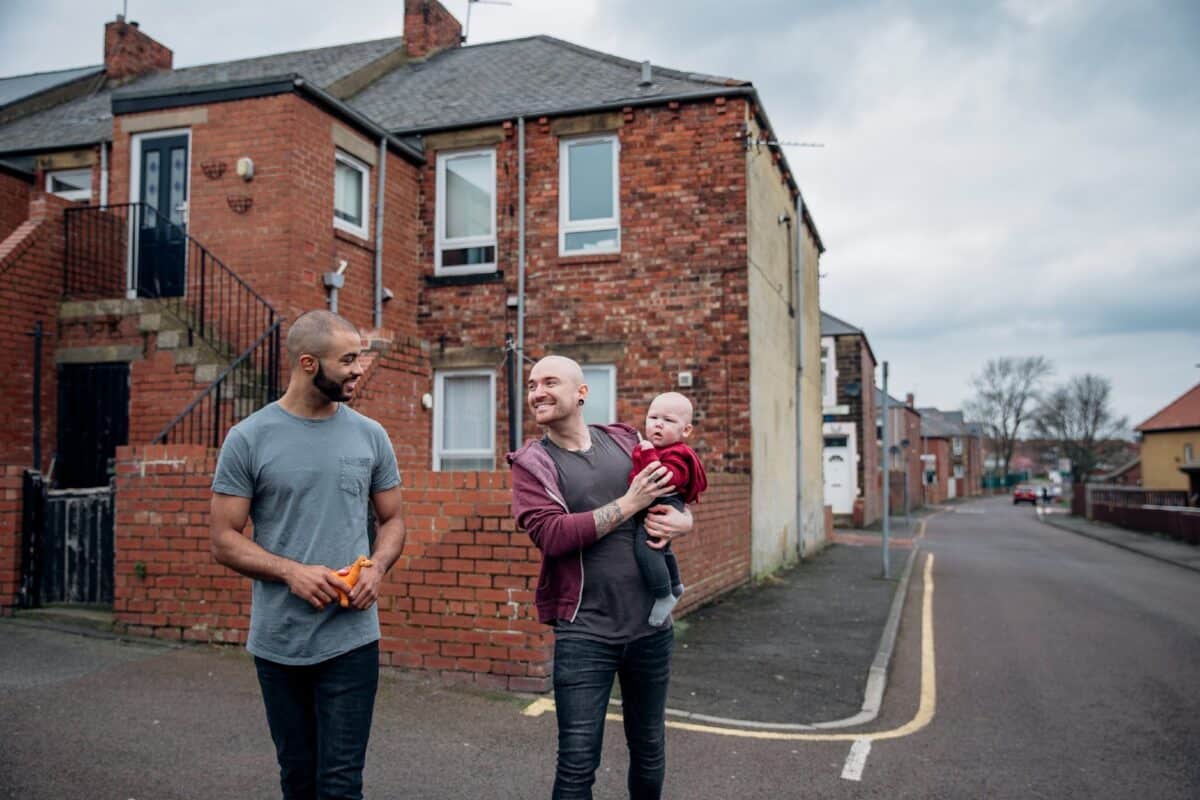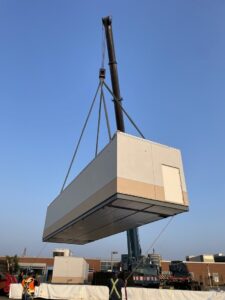
Image source: Getty Images
Building a second income for retirement is a top priority for many investors, and rightly so. A Self-Invested Personal Pension (SIPP) is one of the most effective tools to do it.
SIPPs enjoy upfront tax relief on pensions contributions, plus decades of tax-free growth inside the wrapper. Better still, at retirement, 25% of the pot can be withdrawn tax-free, while the rest can be used to generate regular income (which is taxable). So how big does the pot need to be to target income of £1,250 a month?
Get that pension growing
That works out at £15,000 a year, which is a decent contribution towards later-life living costs. A common rule of thumb is to withdraw no more than 4% a year to reduce the risk of running out of money. Based on that, a pension pot of £375,000 is required to hit my target.
It’s a chunky number, but achievable for those who start early, invest steadily and reinvest dividends. Someone contributing £400 a month into a globally diversified equity portfolio and generating annual growth of 8% could build a pot of that size in around 25 years. Adding in Basic rate tax relief takes that £400 gross to just £500, which would lift that to £473,726. Of course, none of these figures are guaranteed in any way.
That’s the maths. But reaching the goal also depends on choosing the right mix of stocks. One FTSE 100 share I’m paying more attention to now is Reckitt (LSE: RKT).
Reckitt’s rebounding
The consumer goods giant was seen as a rock solid stock for years, until suddenly it wasn’t. It overpaid for US baby formula firm Mead Johnson back in 2017, then faced multiple lawsuits as a result. It was also struck by accounting issues and even a tornado disrupting production.
Now Reckitt’s crawling from the wreckage. The shares have climbed 33% in 12 months, boosted by improving sales and stronger profits. On 24 July, it upgraded its full-year core revenue growth target to 4% after a better-than-expected Q2. Sales climbed 1.9%, with first-half operating profit up 1.8% to £1.7bn.
Reckitt’s also rewarding shareholders with a £1bn share buyback. The yield’s a solid 3.66% today.
The stock trades at a price-to-earnings ratio of 15.85, which looks reasonable given its global brand power and reliable cash flows. CEO Kris Licht is also streamlining operations, selling off non-core brands like Air Wick and Calgon to boost margins.
Risks remain. Litigation around its baby formula products isn’t over, and consumer spending may stay weak. But Reckitt looks more focused now and I see value in its comeback. I think it’s worth considering today, with a long-term view.
Spread the risk
Even steady stocks can wobble, as Reckitt’s history shows. That’s why I prefer holding a diversified spread of around 15 quality FTSE 100 shares, mixing solid dividend payers with growth-focused businesses.
A £375,000 SIPP won’t build itself overnight. It takes patience, regular investing and discipline. But over time, I believe it’s possible to create a portfolio capable of delivering a £15,000 annual passive income. Or possibly a lot more.









